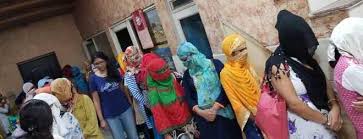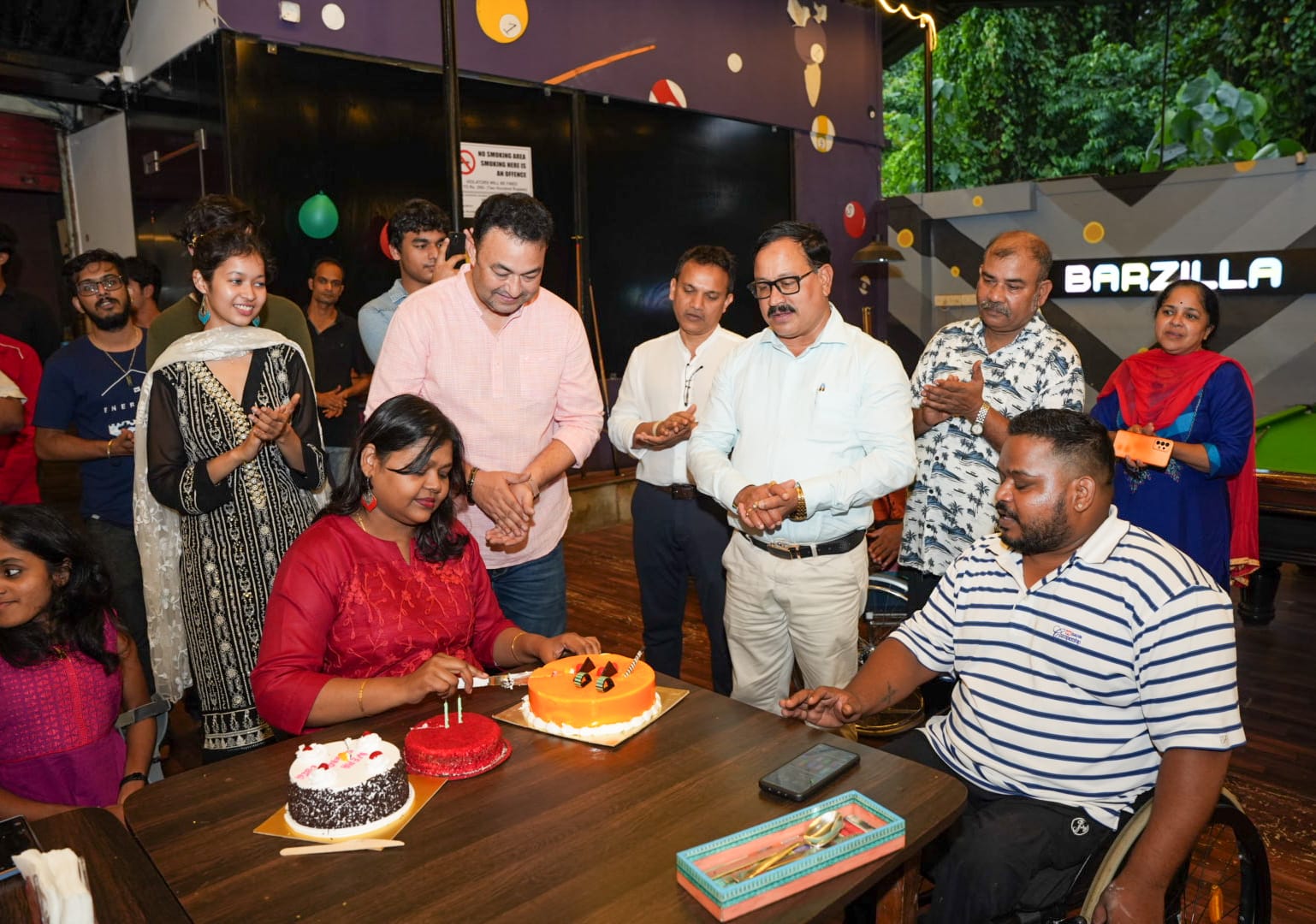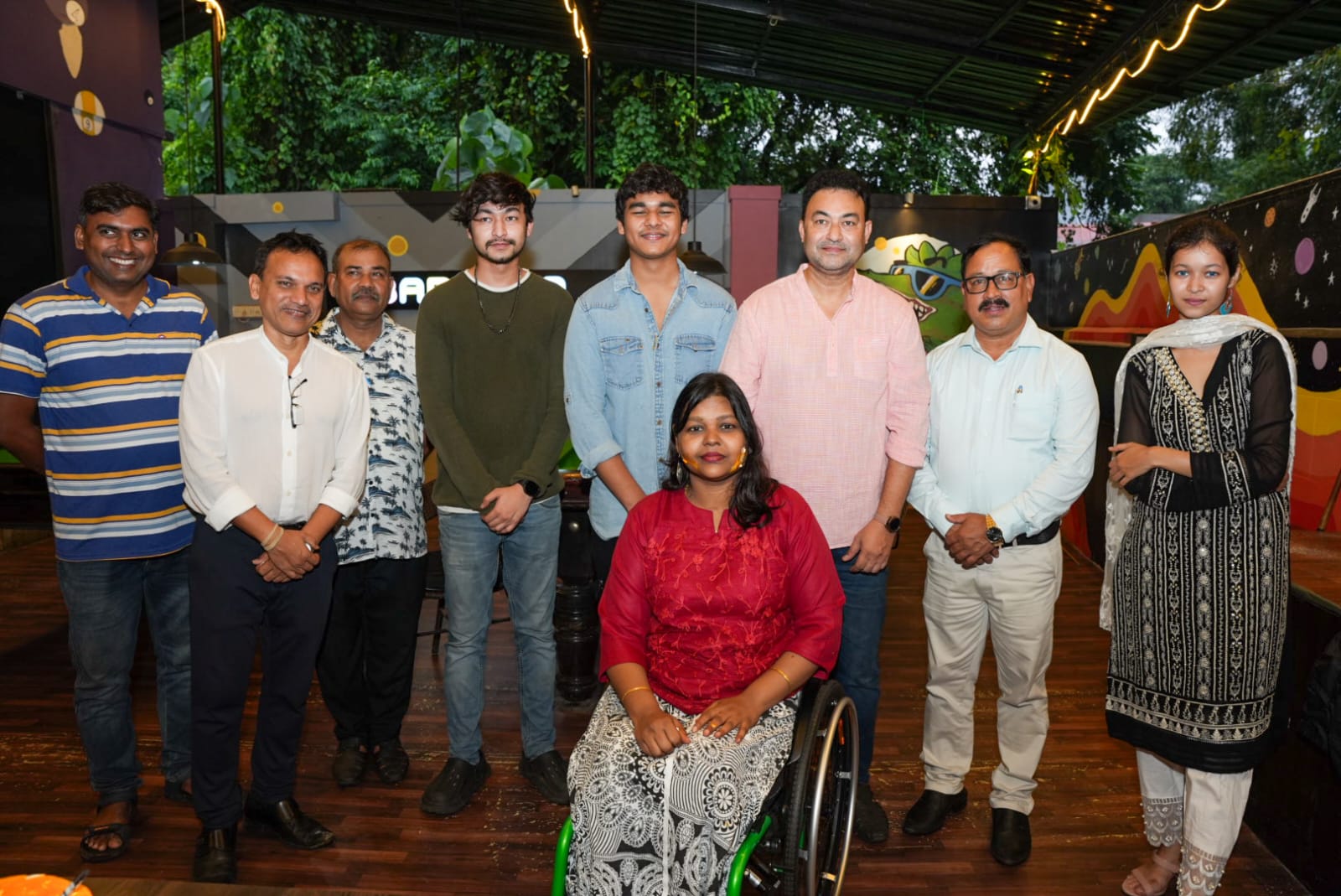National
India accounts for 4.5 crore of the world’s ‘missing females’: UN report

Over the past 50 years the number of missing women has more than doubled which from 6.1 crore in 1970 to a cumulative 142.6 million in 2020.
world’s 142.6 million missing females over the past 50 years in which India accounts for 4.58 crore, a report by the United Nations said Tuesday, noting that the country along with China form the majority of such women globally.
The State of World Population 2020 report released Tuesday by the United Nations Population Fund (UNFPA), the world organisation’s sexual and reproductive health agency, said that the number of missing women has more than doubled over the past 50 years — from 61 million in 1970 to a cumulative 142.6 million in 2020.
Of this global figure, India accounted for 45.8 million missing females as of 2020 and China accounted for 72.3 million.
Missing females are women missing from the population at given dates due to the cumulative effect of postnatal and prenatal sex selection in the past, the agency said.
Between 2013 and 2017, about 460,000 girls in India were ‘missing’ at birth each year. According to one analysis, gender-biased sex selection accounts for about two-thirds of the total missing girls, and post-birth female mortality accounts for about one-third, the report said.
Citing data by experts, it said that China and India together account for about 90-95 per cent of the estimated 1.2 million to 1.5 million missing female births annually worldwide due to gender-biased (prenatal) sex selection.
The two countries also account for the largest number of births each year, it said.
The report cites data by Alkema, Leontine and others, 2014 ‘National, Regional, and Global Sex Ratios of Infant, Child, and under-5 Mortality and Identification of Countries with Outlying Ratios: A Systematic Assessment’ from The Lancet Global Health.
According to their analysis, India has the highest rate of excess female deaths, 13.5 per 1,000 female births, which suggests that an estimated one in nine deaths of females below the age of 5 may be attributed to postnatal sex selection.
The report notes that governments have also taken action to address the root causes of sex selection. India and Vietnam have included campaigns that target gender stereotypes to change attitudes and open the door to new norms and behaviors.
They spotlight the importance of daughters and highlight how girls and women have changed society for the better. Campaigns that celebrate women’s progress and achievements may resonate more where daughter-only families can be shown to be prospering, it said.
The report said that successful education-related interventions include the provision of cash transfers conditional on school attendance; or support to cover the costs of school fees, books, uniforms and supplies, taking note of successful cash-transfer initiatives such as ‘Apni Beti Apna Dhan’ in India.
It said that preference for a male child manifested in sex selection has led to dramatic, long-term shifts in the proportions of women and men in the populations of some countries.
This demographic imbalance will have an inevitable impact on marriage systems. In countries where marriage is nearly universal, many men may need to delay or forego marriage because they will be unable to find a spouse, the report said.
This so-called “marriage squeeze”, where prospective grooms outnumber prospective brides, has already been observed in some countries and affects mostly young men from lower economic strata.
National
Cheers and Cheers: Barzilla’s Joyful Ode to Inclusivity and Celebration

The RG Marathon Championship Run 2023 in Goa was a testament to inclusivity. Initially resistant to including persons with disabilities, it eventually featured wheelchair and standing categories, thanks to advocates’ efforts. Participants showed exceptional determination, emphasizing unity in diversity. Despite challenging weather, they demonstrated the power of community support, highlighting the need for accessibility and inclusion in all state-level events in Goa.

Following the marathon, a gathering of differently-abled individuals, predominantly wheelchair users, convened for a celebratory lunch at Barzilla. The event, orchestrated by Mr. Shariq Khan and Mr. Zain Aftab, proprietors of Barzilla, honored the birthday of Sadaf Fatima, who also uses a wheelchair and is Mr. Shariq Khan’s wife.
 The lunch featured esteemed guests including the Tourism Minister of Goa, MLA Rohan Khaunte of Porvorim, Social Welfare Minister Subhash Phal Desai, and the State Commissioner for Persons with Disability in Goa, Guruprasad Pawaskar. The event was impeccably hosted by Ms. Falak Fatima and Mr. Adarsh Parashar, offering activities such as Karaoke and Billiards. The youth of Goa exhibited their unwavering support for the community, making the party an unequivocal success.
The lunch featured esteemed guests including the Tourism Minister of Goa, MLA Rohan Khaunte of Porvorim, Social Welfare Minister Subhash Phal Desai, and the State Commissioner for Persons with Disability in Goa, Guruprasad Pawaskar. The event was impeccably hosted by Ms. Falak Fatima and Mr. Adarsh Parashar, offering activities such as Karaoke and Billiards. The youth of Goa exhibited their unwavering support for the community, making the party an unequivocal success.













